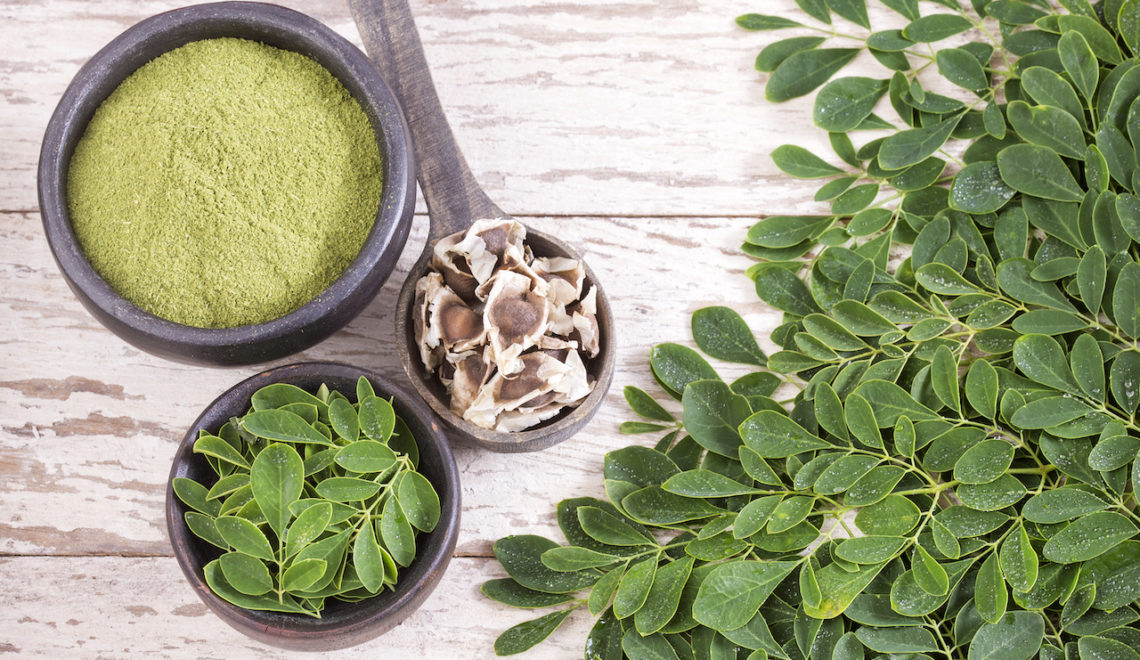
Here at Kuli Kuli, we recognize that in general, America is unfamiliar with the Moringa plant. While some ancient practices have long since utilized Moringa for medicinal remedies, we have remained ignorant to its potential. Packed with nutrients, antioxidants, and medicinal properties, it seems that it would not be an overstatement to say that incorporating Moringa into your diet might just save your life!
Moringa = Nutrients
First off, Moringa is absolutely full of nutrients. Just in the Moringa leaves alone, there is four times the calcium of milk and four times the Vitamin A of carrots, seven times the Vitamin C of oranges, three times the potassium of bananas and three times the iron of spinach, and twice the amount of protein in milk. In addition to the number of macronutrients found in Moringa the plant is also packed with antioxidants, which are essential to cancer prevention.
There have also been between sixteen and nineteen amino acids found in the Moringa leaves, which combine to form proteins; and are required for the production of enzymes, hormones, and cell growth and maintanence. These amino acids are also needed for the absorption of nutrients such as those previously listed.
Lastly, up to eleven different fatty acids have been found in Moringa. Though there is an existing misconception that we should refrain from eating fat, the fatty acids found in Moringa are mostly poly-unsaturated and essential fatty acids (fatty acids that must be consumed because they cannot be formed inside our bodies) which are the best kinds!
Moringa’s Medicinal Uses
In addition to the nutritional value Moringa may add to your diet, it has a number of medicinal uses. First and foremost, Moringa may promote heart health. This is because it contains compounds that may be utilized in order to help stabilize blood pressure and lower cholesterol. Moringa has also been researched for its anti-inflammatory and pain-killing properties.
Chemically, properties of Moringa have been shown to resemble those of ephedrine (the alkaloid used to treat asthma, hay fever, and colds); and in a recent study, the Moringa plant was proven to significantly improve asthma symptoms and improve respiratory function. On top of that, Moringa has been used in order to decrease blood glucose concentration and stabilize blood sugar levels. With the proper technology it is possible that Moringa could even be one day utilized in order to produce drugs for diabetics.
Moringa is packed with nutrients that we need to sustain ourselves, and it has the ability to prevent and manage a multitude of ailments. It is not just a plant; it’s a super food!
References:









